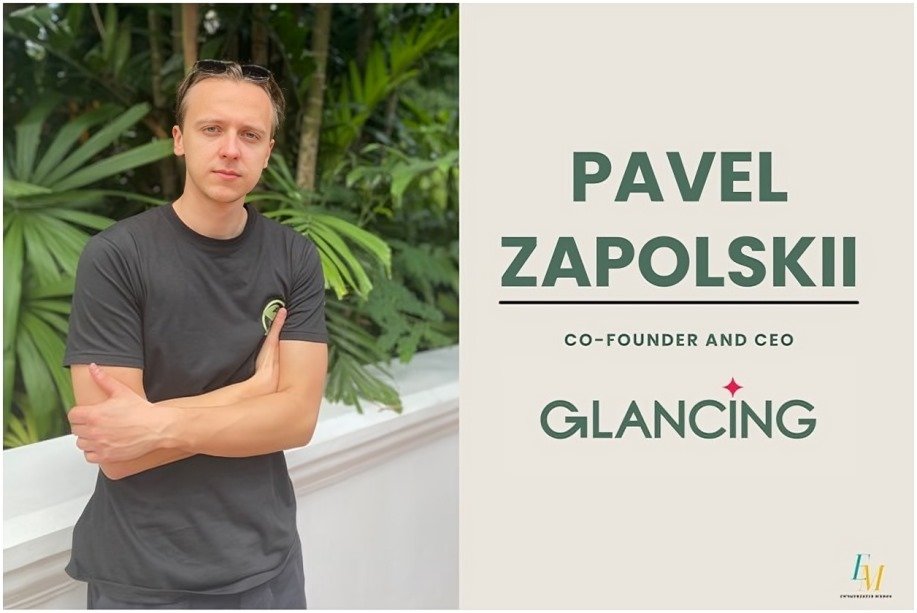The other day, I did something completely out of character—I bought ridiculously expensive t-shirts. Now, I’m not the type to splurge on clothes, but I thought, what the hell, let me treat myself.
Big mistake.
Suddenly, I couldn’t eat like a normal human being. Every meal turned into a battlefield: oil splatters, sauce drops, even wine stains (and I wasn’t even drinking aggressively). It was as if the universe had activated some secret “Slob Mode” just to personally punish me for my fashion choices.
At first, I thought these t-shirts were jinxed. Cursed. Fabric woven from the very threads of bad luck. But then it hit me—I’ve always dropped food on my clothes. The only difference? When it happened to my regular t-shirts, I never cared.
What changed wasn’t my coordination. What changed was my perception.
Welcome to the Yellow Car Experiment
Have you ever played that game where someone punches you for every yellow car you see? Suddenly, yellow cars are everywhere. The streets are practically glowing with them. And of course, you can’t move your arm for a week.
Were they always there? Yes. But you weren’t paying attention before.
This is exactly how our brains work. What we focus on expands.
And this doesn’t just apply to expensive, doomed t-shirts—it applies to everything.
The Science of Your Brain Gaslighting You
Don’t believe me? Here are some of the most ridiculous, science-backed ways our brains completely mess with us.
1. The Placebo Effect: You Can Literally Heal Yourself with a Sugar Pill
Doctors have been baffled for years by the Placebo Effect, where people take completely fake medicine and still get better—simply because they believe they’re being treated.
Some surgeries have even been “faked” (yep, just an incision, no actual procedure), and yet patients report real pain relief.
The takeaway? Your brain is a liar. But in this case, it’s a helpful liar.
2. The Nocebo Effect: The Placebo’s Evil Twin
If belief alone can heal, guess what? It can also make you sick.
- In one study, people were told they were being exposed to an allergen (but they weren’t), and guess what? They developed real allergy symptoms.
- Some people took a harmless pill but were told it had side effects—and then they actually experienced them.
- If enough people tell you, “You look tired today,” you’ll suddenly feel exhausted.
Moral of the story? If you expect bad things, your body will make sure you experience them.
3. The Invisible Gorilla Experiment: How You Can Literally Not See a Gorilla
In one of the most famous psychology experiments, people were asked to watch a video of a basketball game and count how many times players in white jerseys passed the ball.
Halfway through, a guy in a gorilla suit walked across the screen, stopped, beat his chest, and walked off.
Guess what? 50% of the people never saw the gorilla.
Why? Because their brains were too focused on counting to notice something blatantly obvious.
Lesson: You only see what you expect to see.
So if you expect bad luck, failure, or cursed t-shirts, guess what? That’s all you’ll see.
4. The Rubber Hand Illusion: Your Brain Will Believe Anything If You Convince It
In this experiment, scientists placed a fake rubber hand in front of participants and stroked it while simultaneously stroking their real hand (which was hidden).
After a few minutes, people started feeling sensations in the fake hand. Then, when researchers stabbed the rubber hand, people actually flinched and felt pain.
Their brains literally adopted a fake hand as their own.
The takeaway? Your brain is incredibly gullible.
5. The Pygmalion Effect: Expectations Shape Reality
In a classic study, teachers were told that certain students were “gifted” (they weren’t, this was random). But because teachers believed it, they treated those students differently, and by the end of the year, those students actually performed better.
What happened? Their belief changed their reality.
Flip side? If someone expects you to fail, it can impact your performance negatively—this is called the Golem Effect.
Moral? What people believe about you matters. But more importantly, what you believe about yourself matters even more.
6. The Stanford Prison Experiment: When People Actually Became Their Roles
In 1971, researchers divided normal students into “prisoners” and “guards” in a fake prison setting.
Within days, the “guards” became abusive, and the “prisoners” became helpless and psychologically broken. The experiment was supposed to last two weeks. They had to shut it down after six days.
The takeaway? People become what they believe they are.
If you see yourself as unlucky, cursed, or doomed to spill on every expensive shirt you own… your brain will make sure it happens.
Redefining the Law of Attraction: It’s All About What You Notice
People love talking about the Law of Attraction, the idea that “positive thinking attracts good things.” But that’s not quite how it works.
It’s not that thinking positively magically brings you money and happiness—it’s that your brain starts looking for opportunities instead of problems.
- If you focus on failure, bad luck, and mistakes, your brain will highlight every single thing that goes wrong.
- If you focus on success, opportunities, and positive outcomes, your brain will start filtering the world through that lens.
The truth is, life isn’t suddenly giving you more bad luck. You’re just noticing it more—just like my “jinxed” t-shirts.
The reality? I’ve always spilled things. I just never cared before.
- If you start looking for opportunities, you’ll notice them.
- If you start believing you’re capable and lucky, your actions will reflect that.
- If you focus on the good in your life, your reality will shift accordingly.
So, are my expensive t-shirts actually cursed? Nope. My focus was.
And if your life feels full of bad luck, failure, or stress… maybe it’s time to change what you’re paying attention to.
Because trust me—there are a lot of yellow cars out there.
About Author

Hamzah Abu Zannad is the co-founder and managing director of Axiom Prime Real Estate Development. With over two decades in Dubai’s real estate market, he has played a key role in developing residential projects that blend practicality with modern design. Axiom Prime focuses on creating well-planned communities, drawing inspiration from Dutch architecture. The company’s projects in Jumeirah Village Triangle and Jumeirah Garden City (Satwa) reflect a commitment to quality and thoughtful urban development.
For more information, visit https://axiomprime.ae/
Also Read :-
Empowering Business Thrive And Creating A Positive Global Impact With LiNK: Despoina Mitsiogianni



















































